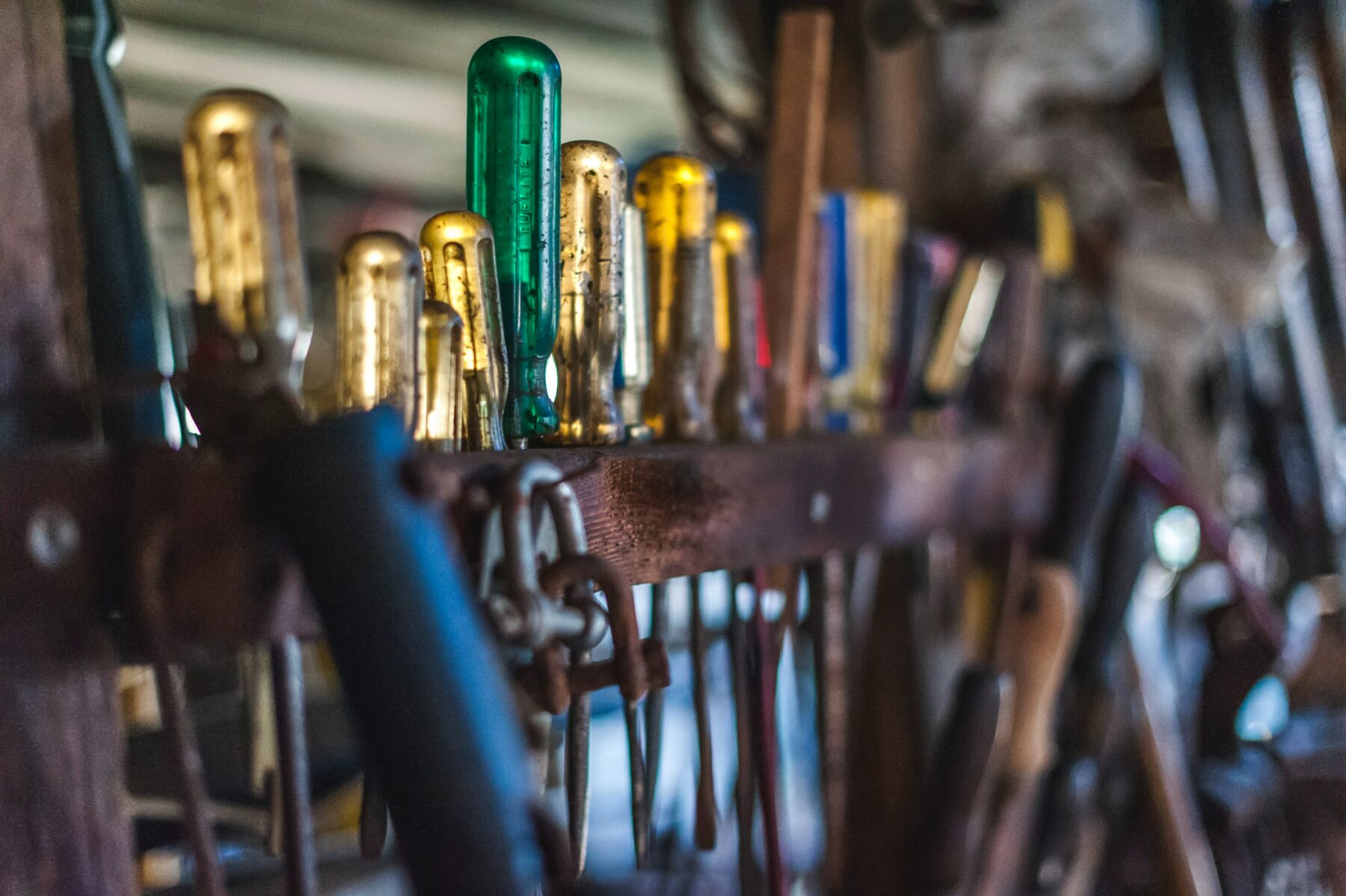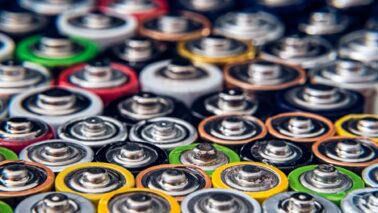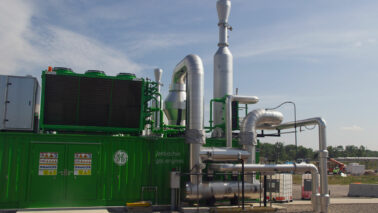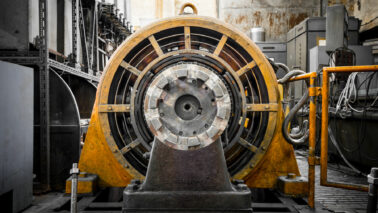Generator Maintenance
Like any piece of machinery, a generator requires attention in order to perform optimally in a time of need. Regular preventative generator maintenance helps detect and correct any issues that arise in order to ensure that your generator will run smoothly.
We recommend the following preventative maintenance activities for your generator:
Weekly Generator Maintenance
Exercise your generator without a load for around 30 minutes. While your generator is exercising, check for the following:
- No alarms or alerts appear
- Normal engine sounds, vibrations, and temperature
- Normal oil pressure
- Proper fuel transfer
- Stable voltage and frequency
- No engine oil, fuel, or coolant leaks
- Normal fuel levels
Monthly Generator Maintenance
- Check your oil and coolant levels, as both of these fluids are essential in the generator's functions. The most common reason a generator stops functioning is due to low oil and coolant levels. Insufficient levels can result in a malfunctioning and overheated engine.
- Take a sample from your coolant tank and test the concentration. If your coolant liquid is off, drain the reservoir and refill it with fluid matching equipment specifications.
- Check your starting battery voltage, drive belt tension, and drain any exhaust condensation.
Quarterly Generator Maintenance
- Exercise your generator with a full load (aka. at full capacity) for 15 to 20 minutes. This allows the lubricant to heat up to operating temperature and circulate throughout the engine.
Bi-Annual Generator Maintenance
- Change your generator oil, oil filter, coolant filter, air filter, and fuel filter.
- Clean the crankcase breather to eliminate excessive engine pressure and avoid premature component wear.
Annual Generator Maintenance
- Clean your entire generator cooling system, including inspecting all components for damage, leaks, condensation, and loose connections.
- Replace any cracked hoses, corroded connections, or other worn-out parts.
Generator Maintenance Every Three Years
A professional technician should inspect the generator and examine key areas such as the coolant heater, lines, connections, air induction piping, the electrical system, control panel, and accessories.
- They also should check and clean the air cleaner units and inspect the fuel system for leaks.
- Replace drive belts, fan drive belts, batteries, and coolant.
Too much on your plate to remember or want help getting started? Our team is happy to cover your preventative maintenance needs so that you can be hands off while having peace of mind.
Read more about emergency power systems and solutions.
Share this Blog Post
Leave a question or comment:





